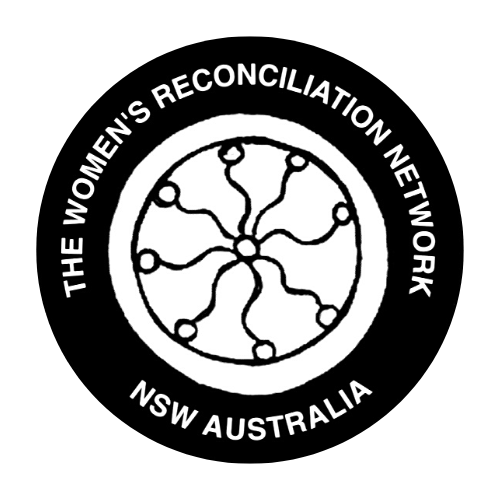What led you to being involved with WRN?
I’ve always been interested in Indigenous affairs since I came to Australia from the UK in 1985, having spent several years working in PNG in the 1970s. Initially my curiosity was passive, but I do recall being very surprised at the lack of interest and respect for Aboriginal people. I was even more surprised when Sally Morgan’s book My Place was published in 1987 and it became more acceptable for people to share their own Aboriginal ancestry. I had not realised how hidden it was.
Fast forward a few decades…in helping to organise a trip to the outback in 2013-4, I researched the Indigenous history of the areas we were visiting. I read about Brewarrina which seemed a microcosm of Aboriginal history:
- people were forcibly removed there from Tibooburra area
- there was 1859 Hospital Creek Massacre (400 died)
- the famous fish traps
- a death in custody in 1987 (Lloyd Boney) was the catalyst for the Royal Commission into Aboriginal Deaths in Custody, (which came out 30 years ago this year… How much has changed?)
Two weeks after reading about the Brewarrina fish traps, Bruce Pascoe’s book Dark Emu was released. Amazing book! The importance of truth-telling got me so fired up. Why weren’t we told about this? Why did Australian history just start at 1788? It made me so angry that Australian history was so distorted.
I joined my local Reconciliation group in Lane Cove and luckily was invited to a day workshop about the Uluru Statement from the Heart where I met several people from WRN and thought I’d join. I’m delighted to meet so many fiery women!
In your view what are the biggest challenges for genuine reconciliation?
I am not sure reconciliation is the right word, but I understand the thinking. Listening to Aboriginal people and hearing their thoughts and concerns, however diverse, would help greater understanding and build bridges.
When I was involved in gathering signatures for a petition about the Aboriginal flag being permanently on the SHB, I was surprised at some of the arguments against it: ‘we are one nation, there should be one flag’ etc. There seemed to be no thought to acknowledge or recognise Aboriginal culture or sovereignty or respect for their culture being the oldest living one on earth.
How do you see the way forward?
So many ways needed:
- The Voice to be enshrined in the Constitution
- More contact with Aboriginal people can help deepen connections which in turn leads to lead to greater understanding and respect
- Education: more truth telling from an Aboriginal perspective – start at an early age: School curriculum. Local Elders to be engaged at schools.
- Learn a local language
- Despite the number of good news stories about Indigenous people, organisations and wonderful novels and non-fiction books by Aboriginal people, structural racism is still sadly prevalent – witness the number of Aboriginal Deaths in Custody and the minimal take up of recommendations since the 1991Royal Commission. For example, increase the age of criminal responsibility to 14 to keep children as young as 10 out of prison – in line with other jurisdictions around the world.
- And more….
